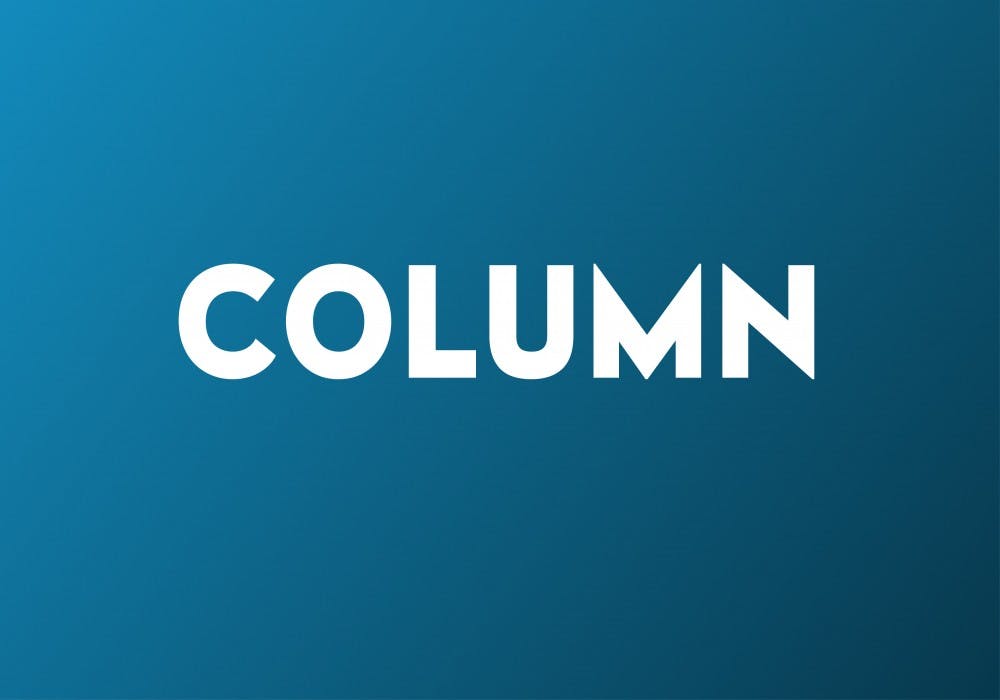A few weeks ago, I visited my boyfriend at University of Illinois for a long weekend. Months ago, he told me he got tickets for us to go see Daniel Tosh on his college tour. I didn’t know much about him, especially what he was up to nowadays — neither did my boyfriend — but we both remembered his popular show that was comedy gold for adolescent boys. What could go wrong?
We walked into the State Farm Arena and I looked around and was immediately struck by the lack of diversity — not much different from Elon University— but still of note. The audience was filled with both students and locals.
The show began with Tosh himself, and I’ll admit he was funny at first. He definitely made some off-color jokes that I have grown up knowing were not okay, but it quickly became evident to me that not everyone has had the same upbringing.
Throughout the show he welcomed up a few guests who were mostly writers from his show.
After a succession of pretty funny acts, Tosh introduced another comedian who in so many words, he said “would cross the line.”
And cross the line he did.
“Why does everyone with Down Syndrome have the same haircut?” he said.
I looked at my boyfriend and began to cry.
I cried because I immediately thought of my five-year-old brother, Carter, who happens to have Down Syndrome, sitting at home watching “Moana.”
That was the beginning to a bit that lasted for what felt like hours, but in actuality, lasted about three minutes. The comedian continued by saying:
“Thank you — all of you who laughed — for keeping it real. Everyone who didn’t, you’re going to hell because you’re kidding yourselves.”
I won’t repeat the entirety of his bit, because he doesn’t deserve it and neither do I, but as it concluded I turned my body back to face the stage. Tosh returned and supported the comedian’s decision to tell that particular joke because he had apparently been hesitant to do so in past shows.
In that moment, I didn’t know what do to. Should I stand up and scream? Should I walk out? I regrettably did neither, but in an attempt to make up for that, I decided to write about it.
People need to stop using physical characteristics or, in this case, someone’s diagnosis as the butt of their jokes.
Why, in 2017, is it still acceptable to make fun of people who are different? Why did this man and everyone in the audience who laughed think this was funny?
It’s not funny.
Just like it’s not funny to call someone “retarded.” Using that word is not only outdated, but it’s also offensive to anyone who has any sort of cognitive disability or delay. It discredits the efforts of so many men and women who are working every day to prove themselves in a world that has continually ignored or discouraged them.
Carter is one funny little guy, but it sure has nothing to do with his Down Syndrome.
A question I have been asking myself over the past few weeks is: Why was this comedian hesitant to do this bit before? Why did he choose this night to tell it?
It has seemingly become the norm to pick on “the underdog” or the voiceless. Whether it be our new president mocking a reporter with a physical disability on television, or this comedian making a joke at the expense of my brother and all those like him.
His joke, and the laughter that followed, was evidence of a deeply rooted problem in our society where it has been deemed OK to view people with disabilities as the “other” or those worthy of being mocked.
Especially under our current administration, the culture of bullying and name-calling has become overwhelmingly prevalent. This is a problem that needs to be addressed head on.
I am certain this comedian wouldn’t say that joke to the face of someone with Down Syndrome, but he makes the joke because he sees those men and women as a group that is weaker than he is. A group outside of “the norm.”
I am in no way speaking for everyone with Down Syndrome — as they can certainly speak for themselves — but I am speaking in defense of my little brother and the people like him. And I always will.
Be advocates for one another, and speak out against hateful and ugly language that is used to disparage others.


